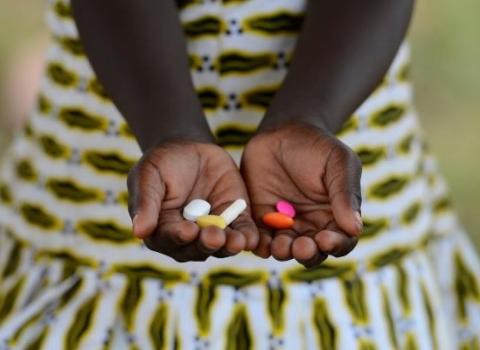
Commissioner for Health, Androulla Vassiliou
Between 5,000 and 8,000 diseases are defined as rare. Although each affects fewer than 5 in 10,000 people, in total there are 36 million known sufferers of rare diseases scattered across the EU.
Since most are genetic in origin, there are new possibilities to diagnose and treat these diseases. However, the small number of patients makes it very expensive to develop treatments.
“This is an area where the added value of working together at European level is clear and concrete, and can make the difference between marginalisation and proper treatment for millions of people,” said the Commissioner for Health, Androulla Vassiliou at the launch of the strategy, adding, “We want to bring patients with rare diseases out of the shadows.”
The European Union’s Orphan Drug legislation enacted in 2000 has encouraged drug companies to develop more than 35 drugs. But lack of diagnosis and the high cost of drugs means many people who could benefit do not get these treatment. Meanwhile thousands of rare diseases remain untreatable.
Expertise on rare diseases is fragmented and their existence is not fully recognised in some countries. This means many patients spend years of uncertainty before their conditions are correctly diagnosed.
The Commission’s strategy, which must be approved by national governments, covers three main areas: improving recognition and visibility of rare diseases; supporting national plans for rare diseases; and strengthening cooperation and coordination for rare diseases at European level.
The new approach builds on an existing plan for tackling rare diseases, and the Orphan Drug legislation, which provides incentives to companies to develop treatments for these conditions.
France, current holder of the EU Presidency and credited with having one of the most advanced and mature national rare diseases plans, is hosting a conference in Paris on November 18th to discuss the issue, where the Commission’s strategy will be debated.





 A unique international forum for public research organisations and companies to connect their external engagement with strategic interests around their R&D system.
A unique international forum for public research organisations and companies to connect their external engagement with strategic interests around their R&D system.